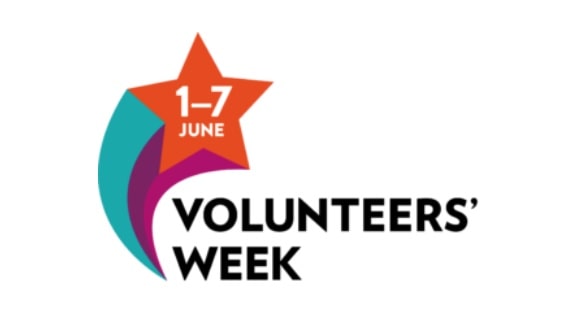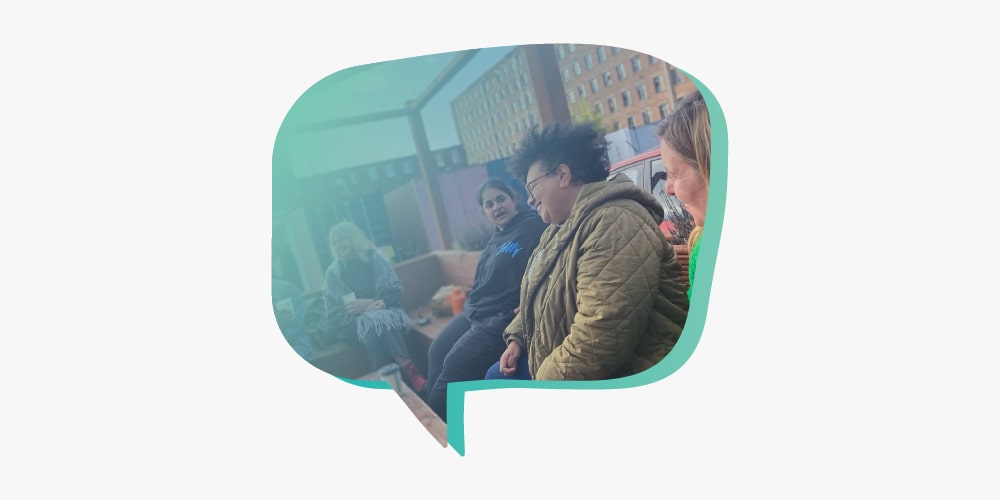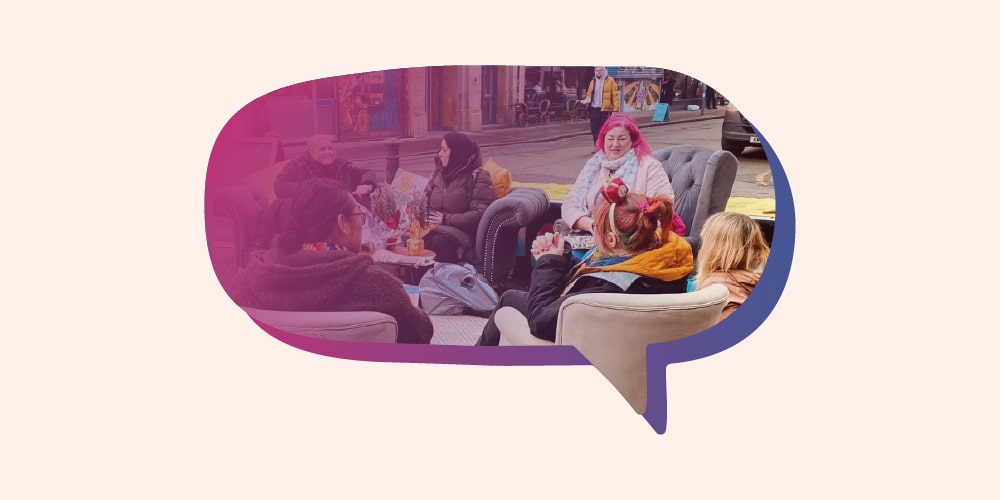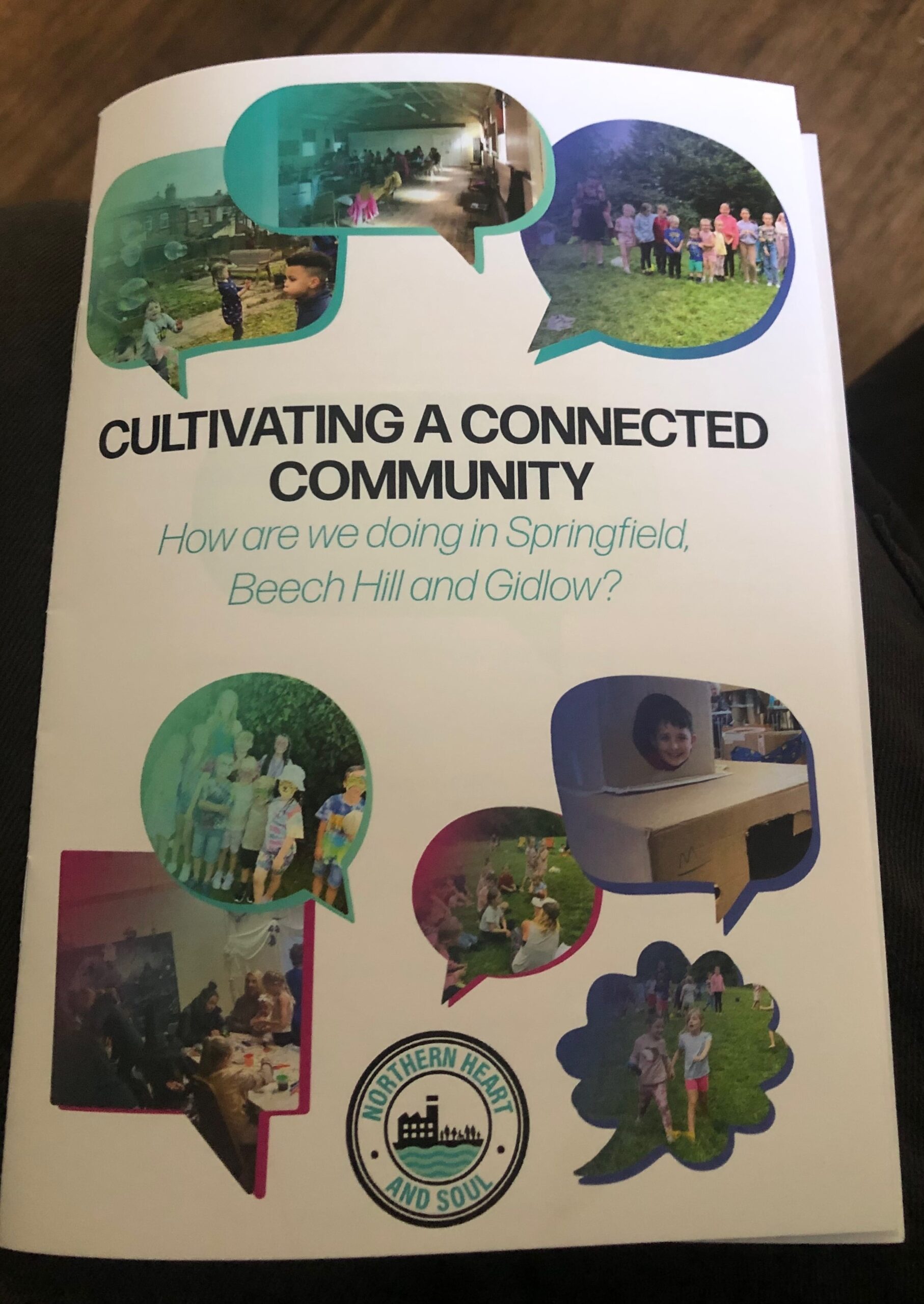
Volunteering-A Class Act?
I’ve been thinking about volunteering a lot this week, mainly because it’s volunteering week and wherever I look there are volunteers holding placards up, usually at the bequest of infrastructure organisations funded to increase volunteering, or by services that are completely run by volunteers.
I used to volunteer for one such service, the Samaritans, and it took me back to thinking about my experience as a listening volunteer at the start of the pandemic. The number of calls dropped significantly. You’d be on a shift and you’d have space to make a brew and have a chat. And regular callers would be saying they were surprised by how nice their neighbours were being to them, how many offers of support they had from the people around them. I for one, didn’t go back to this form of volunteering after the pandemic either. I thought why am I listening to someone from Scotland, when I could be creating spaces for listening where I live. Like the suicide rates in Wigan are pretty high, surely I could be more useful.
And then there’s the class issue. It’s well documented through NCVO surveys that volunteers are likely to be from white, middle class backgrounds. The umbrella body conducted a survey of 10,103 people in 2019 and found that 40% of working class people have never volunteered at all, compared to 25% of middle class people.
There’s evidence of a correlation between volunteering and salary increase that exists for the middle classes but not for the working classes according to Understanding Society, the UK Household Longitudinal Survey.
I remember when developing the community play in the neighbourhood and the women who were getting involved didn’t know what they’d be feeding their kids that evening. Here, we need economic justice and wealth redistribution to underpin volunteering. Especially when the latest Time Well Spent Survey highlights that only 55% of volunteers knew that volunteer groups would reimburse expenses if they wanted them to. We require financial support like UBI or redistribution schemes like the ones pioneered by Peer Led Change and Mauricio Lim Miller.
I’ve been wondering if volunteering in its current form has had its day and whether we might be courageous enough to even ask the question. Numbers are down and this years Time Well Spent Survey has more to say about that. Satisfaction levels are falling too. It came as no surprise that volunteers are feeling like volunteering is becoming more like a job. I’ve been shocked at some of the ‘volunteer’ roles I’ve seen advertised of late.
Perhaps when everything paused and we began to see what really mattered, maybe we discovered our agency and they ways in which we could informally contribute without all the red tape. Perhaps we are taking back control?
My worry is that the focus of the dominant system and therefore the narrative, will be on increasing and retaining – solving the presenting problem rather than exploring alternatives. Maybe alongside take a good look at the mutual, reciprocal and solidarity networks that have grown and are flourishing. Are they just what a just future needs?
Are we done with volunteering? I don’t think we are, given that I’m part way through a process to become an independent visitor! There’s the messiness! Holding both whilst upholding liberation. I do think the traditional model is dying though. And, wonder if we have the courage to act as hospice workers,? Will the industry that it serves find new ways of keeping tight hold of resource and offer it a life support machine? Is it time to take the next step towards solidarity and liberation, and let the path reveal itself?




